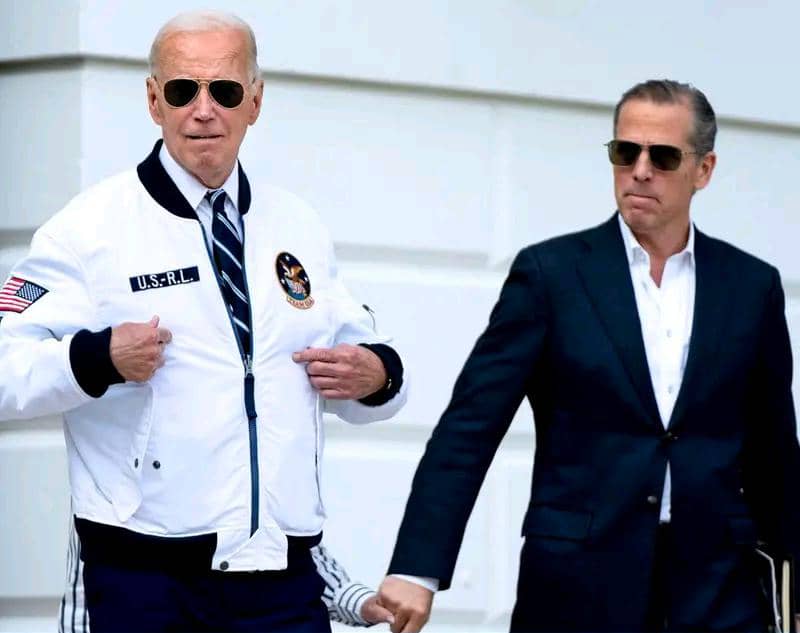By Burnett Munthali
In a move that has sparked significant controversy, the White House has come to the defense of President Joe Biden’s decision to pardon his son, Hunter Biden, amidst bipartisan criticism. The decision to grant a pardon to Hunter Biden, who faced legal challenges related to his business dealings, has raised questions about the President’s previous statements on the rule of law, particularly his declaration that “no one is above the law.”
White House Press Secretary Karine Jean-Pierre addressed the issue, reiterating that President Biden “has deep respect for our justice system” and emphasizing that Hunter’s legal troubles were resolved through the appropriate judicial processes. She further explained that the pardon was issued in the interest of fairness and transparency, asserting that the President’s actions were guided by a belief in the integrity of the legal system rather than political influence.
Despite these reassurances, the decision has attracted sharp criticism from both sides of the political spectrum. Many critics argue that the pardon undermines the very foundation of accountability that the President has championed in the past. They contend that the pardon sets a dangerous precedent, potentially signaling that those with political connections can avoid facing the full consequences of their actions. This backlash is particularly pronounced from Republicans, who have long questioned Hunter Biden’s business dealings and alleged conflicts of interest.
However, President Biden’s supporters have defended the move, framing it as an expression of fairness. They argue that the President’s decision is not about evading justice, but rather about ensuring that personal matters are not politicized or unduly influenced by external pressures. The pardon, they suggest, reflects a commitment to preventing the weaponization of legal proceedings for political gain.
The decision follows several months of legal scrutiny surrounding Hunter Biden’s financial dealings, which have led to a broader debate about the separation of personal and political matters in the White House. Critics point to the potential for conflicts of interest, particularly with regard to Hunter Biden’s business activities in foreign countries, as a reason for concern.
As the backlash continues, the White House faces the challenge of navigating a complex situation. On one hand, it must respond to the concerns of those who see the pardon as a breach of accountability. On the other, it must balance this with the President’s desire to protect his family from politically motivated attacks. This delicate balancing act has become a focal point of the broader debate surrounding political power, accountability, and the legal system.
Looking ahead, it remains to be seen how this decision will impact President Biden’s political standing. The ongoing conversation about the limits of executive power, the pursuit of justice, and political influence will continue to unfold, with this decision at the heart of the discourse. The public and political reactions will likely play a crucial role in shaping the President’s legacy, particularly as he enters the second half of his term.
As this story develops, it will be important to monitor how this issue evolves in the context of American politics. The ultimate impact of Hunter Biden’s pardon on the President’s reputation and the larger conversations about justice, fairness, and the rule of law will likely resonate for years to come.




